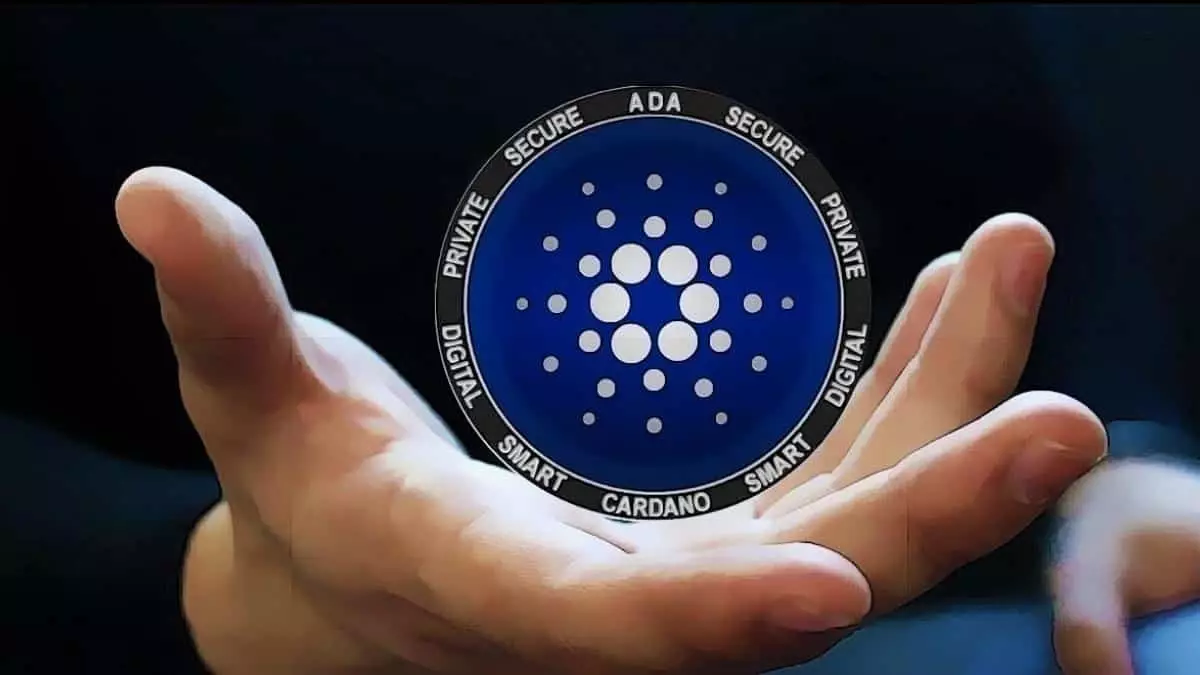In recent weeks, headlines have been dominated by unsettling allegations surrounding Charles Hoskinson, the founder of Cardano. Such claims, which suggest fraudulent activity linked to a staggering $619 million worth of ADA, have not only raised eyebrows but also brought the integrity of one of the most innovative blockchain platforms into question. While conspiracy theorists relish this juicy narrative, it is essential to sift through the noise and understand the implications of this crisis.
The genesis of this controversy lies in a user identified as Masato Alexander, who leveled allegations that significant funds had been unlawfully transferred from Cardano reserves. The purported crime took place during the Allegra Hard Fork, an event meant to upgrade the network’s infrastructure. The crux of Alexander’s claims rests on the assertion that Hoskinson infused the upgrade with code that surreptitiously allowed for this financial sleight of hand. According to him, a technical maneuver known as an MIR transaction facilitated the movement of funds that should have remained sacrosanct. This contention not only points toward a potential breach of trust but also raises fundamental concerns about governance and accountability within the Cardano ecosystem.
Community Reaction and the Ripple Effects
The immediate response from the Cardano community was akin to a wildfire, fueled by the uncertainty that surrounded the allegations. Trust, once thought to be a foundational pillar of the blockchain ethos, began to erode. It is alarming to witness how quickly whispers can transform into overwhelming public sentiment, often overshadowing facts and due process. Hoskinson’s public rebuttal of the allegations included his assertion that the ADA vouchers associated with the supposedly moved funds had become unspendable, necessitating their transfer to a custodial account controlled by the Token Generation Event (TGE). His insistence on transparency through a full audit suggests a recognition that the community deserves answers, yet the question remains: will these efforts be sufficient to restore faith?
As the narrative continues to unfold, Hoskinson has signaled a significant shift in how he plans to engage with the community. His announcement that he would delegate the management of his X account to a media company is noteworthy—it underscores his awareness of the public relations storm brewing in his wake. However, one must ask if this is merely a defensive maneuver. Handing over one’s platform may also communicate a retreat from direct accountability, leaving a political vacuum that could be filled by misinformation and speculation.
The Cost of Infinite Accessibility
Hoskinson’s declaration that “infinite accessibility just enables it to happen again and again” is an intriguing admission, albeit one that speaks volumes about the precarious balance between transparency and chaos in digital communication. In an age where social media serves as both a megaphone and a courtroom, these platforms can exacerbate crises rather than resolve them. His amended approach to conducting Ask Me Anything sessions and other community engagements seems an attempt to curtail the very accessibility that brought him this turmoil. Yet, will this pivot genuinely foster a healthier dialogue, or will it wall off the founder from the very people who placed their trust in him?
In analyzing the way forward for Hoskinson and Cardano, it becomes evident that the ramifications of these allegations extend far beyond the immediate financial implications. They touch on the core principles of blockchain—trust, consensus, and shared responsibility. If these elements falter, it could lead to a ripple effect that resonates through the entire crypto landscape.
The allegations against Charles Hoskinson and Cardano pose a critical test, not just for the individuals involved but for the wider blockchain community. As various stakeholders absorb the unfolding narrative, one thing remains certain: the path to redemption, if there is to be one, will be fraught with challenges. It challenges the notion that innovation alone is enough to build a sustainable ecosystem; ethical governance must also be at the forefront. Trust is built over time, but it can be shattered in an instant, and any missteps in the coming days could relegate Cardano from a position of promise to one of regret.

